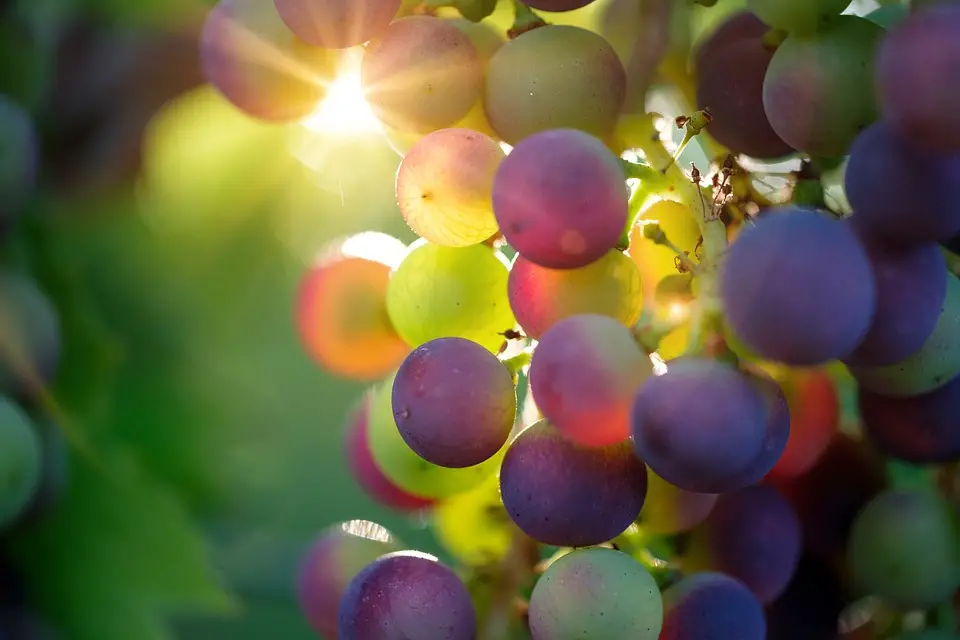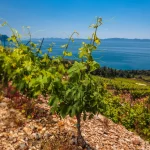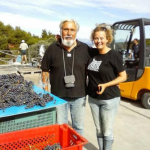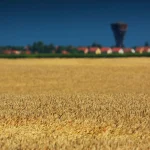
As Marija Brnic/Poslovni Dnevnik writes on the 25th of June, 2020, a package of measures for Croatian winemakers was adopted which will allocate 38.5 million kuna for wine distillation and 5 million kuna for crisis storage.
On the exact day when new data on the number of people infected with the new coronavirus in Croatia were published, Croatian winemakers finally received a bit of very welcome good news from the Government that a package of intervention measures to mitigate the negative consequences of the pandemic on wine sales was accepted.
The measures regard the conversion of the existing multi-year national programme to help the wine sector, which will, as stated, allocate 38.5 million kuna for crisis distillation of wine, and 5 million kuna for the crisis storage of wine.
For the wine sold and delivered to the approved distiller, five kuna per litre of wine has been provided and a large number of Croatian winemakers/producers are interested in the costs of transporting wine to the distiller being reimbursed, and it is expected that several dozen producers will apply for this measure.
One of them is Josip Pavic from Erdut vineyards, who is also the president of the Wine Association of the Croatian Chamber of Commerce (HGK). “It won’t save Croatian winemakers, when it’s estimated that wine consumption will fall by 50 percent due to the coronavirus crisis, but it will ease the situation,” said Pavic, adding that there isn’t much of an alternative to be had because harvest time is coming and warehouses are full.
Similar measures are used by other countries across Europe, which, in addition to crisis distillation and storage, also apply a third solution, the so-called green harvest in vineyards, which we haven’t considered in Croatia, but some Croatian winemakers, such as Vlado Krauthaker, carry it out themselves.
Green harvesting cuts costs
“This seems like a quality solution, because we’ll reduce the yield to 50 percent earlier and we’ll have fewer grapes, we’ll reduce the cost of production, but in turn we’ll raise the quality of wine,” explained the famous winemaker, adding that it’s difficult to estimate losses this year.
Dino Galic from Kutjevo says that the winery will apply for both measures, more precisely for storage of about 100 to 200 thousand litres for Kutjevo, and that their Đakovo wines (between 200 and 300 thousand litres) will apply for crisis distillation.
“We also proposed that the Government, in these extraordinary conditions, help Croatian winemakers with subsidised purchases. Such measures would preserve current liquidity, which will be quickly jeopardised,” says Galic, adding that this package won’t save producers, but any help is welcome. Most Croatian winemakers sell their products here on the domestic market, but due to the uncertain tourist season, the placement of wine is still “hanging in the air”, and the situation is no better on foreign markets either.
The problem, as Krauthaker explains, is in the hyperproduction of wine on a global level, and Croatia is not recognised on the world wine list. At the moment, even strong winemakers from countries like France are devising plans to mitigate the losses of this sector.
Krauthaker says the solution is for manufacturers to start connecting and acting together promoting their region, in order to gain recognition, and they will have to invest more in that.
Most Croatian winemakers used measures to preserve jobs during the crisis, and didn’t need to lay off workers, and in addition to this particular package of measures, Minister of Agriculture Marija Vuckovic announced possible further measures to help yesterday, but she didn’t specify what they could be.
As the parliamentary elections draw closer, the most important thing for Croatian winemakers is to start implementing the measures just adopted as soon as possible. Yesterday, the Vice President of the Croatian Chamber of Commerce for Agriculture and Tourism, Dragan Kovacevic, appealed to the Ministry of Agriculture and especially to the Agency for Payments in Agriculture to start implementing these measures urgently, so that winemakers could receive support as soon as possible.
“We expect an urgent announcement of the tender for the implementation of these measures, so that due to the deadlines, they wouldn’t jeopardise the realisation of the secured funds, especially for the crisis storage measure.
The members of the Croatian Chamber of Commerce Wine Association are therefore looking for a quick reaction and a simple tender procedure, without unnecessary administration,” stated Dragan Kovacevic.
For more, follow our business page.









